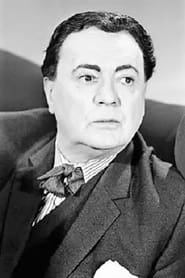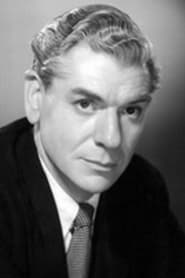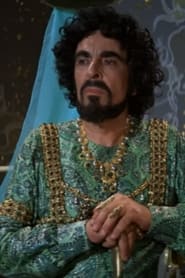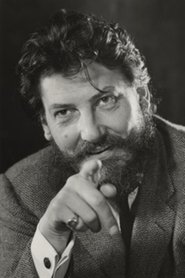
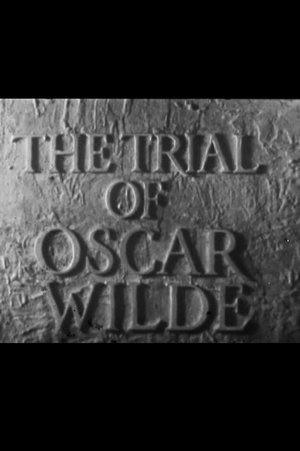
The Trial of Oscar Wilde(1960)
Courtroom account of the prosecution of Oscar Wilde for gross indecency with other men followed Wilde's disastrous libel charge against the Marquess of Queensberry, father of his lover Lord Alfred Douglas.

Movie: The Trial of Oscar Wilde
Top 8 Billed Cast
Marquess of Queensberry
Lord Alfred Douglas
Mr Justice Charles
Self

The Trial of Oscar Wilde
HomePage
Overview
Courtroom account of the prosecution of Oscar Wilde for gross indecency with other men followed Wilde's disastrous libel charge against the Marquess of Queensberry, father of his lover Lord Alfred Douglas.
Release Date
1960-08-05
Average
0
Rating:
0.0 startsTagline
Genres
Languages:
EnglishKeywords
Similar Movies
 7.7
7.7Inherit the Wind(en)
Schoolteacher Bertram Cates is arrested for teaching his students Darwin's theory of evolution. The case receives national attention and one of the newspaper reporters, E.K. Hornbeck, arranges to bring in renowned defense attorney and atheist Henry Drummond to defend Cates. The prosecutor, Matthew Brady is a former presidential candidate, famous evangelist, and old adversary of Drummond.
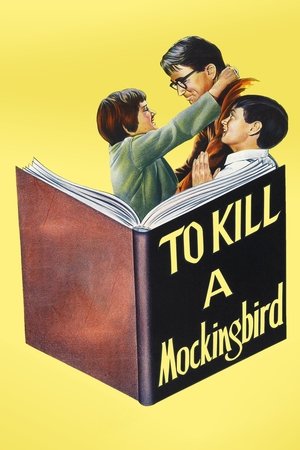 8.0
8.0To Kill a Mockingbird(en)
Scout Finch, 6, and her older brother Jem live in sleepy Maycomb, Alabama, spending much of their time with their friend Dill and spying on their reclusive and mysterious neighbor, Boo Radley. When Atticus, their widowed father and a respected lawyer, defends a black man named Tom Robinson against fabricated rape charges, the trial and tangent events expose the children to evils of racism and stereotyping.
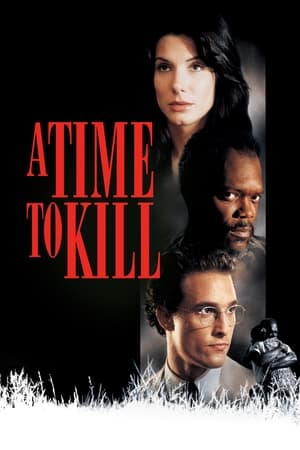 7.4
7.4A Time to Kill(en)
A young lawyer defends a black man accused of murdering two white men who raped his 10-year-old daughter, sparking a rebirth of the KKK.
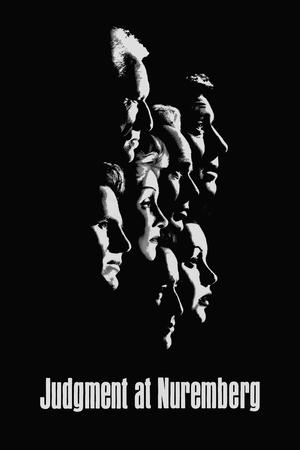 8.0
8.0Judgment at Nuremberg(en)
In 1947, four German judges who served on the bench during the Nazi regime face a military tribunal to answer charges of crimes against humanity. Chief Justice Haywood hears evidence and testimony not only from lead defendant Ernst Janning and his defense attorney Hans Rolfe, but also from the widow of a Nazi general, an idealistic U.S. Army captain and reluctant witness Irene Wallner.
 8.5
8.512 Angry Men(en)
The defense and the prosecution have rested and the jury is filing into the jury room to decide if a young Spanish-American is guilty or innocent of murdering his father. What begins as an open and shut case soon becomes a mini-drama of each of the jurors' prejudices and preconceptions about the trial, the accused, and each other.
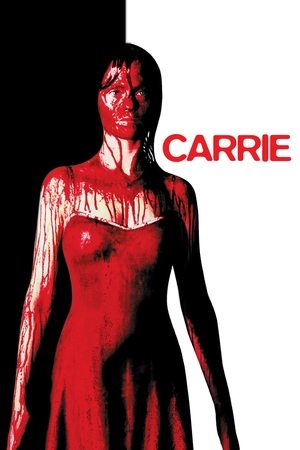 6.0
6.0Carrie(en)
An awkward, telekinetic teenage girl's lonely life is dominated by relentless bullying at school and an oppressive religious fanatic mother at home. When her tormentors pull a humiliating prank at the senior prom, she unleashes a horrifying chaos on everyone, leaving nothing but destruction in her wake.
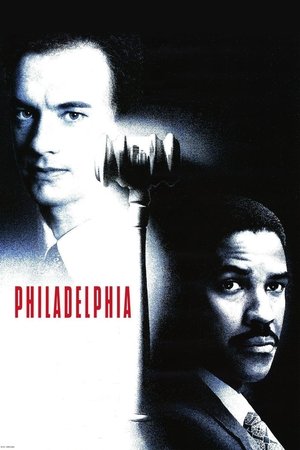 7.7
7.7Philadelphia(en)
Two competing lawyers join forces to sue a prestigious law firm for AIDS discrimination. As their unlikely friendship develops their courage overcomes the prejudice and corruption of their powerful adversaries.
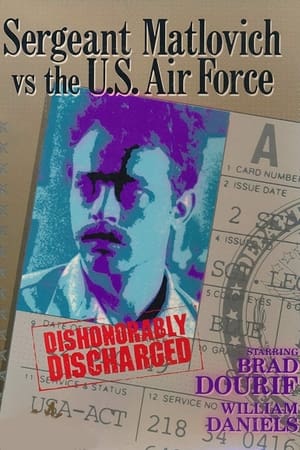 4.3
4.3Sergeant Matlovich vs. the U.S. Air Force(en)
The true story of Leonard Matlovich, a U.S. Air Force sergeant who, in 1975, publicly divulged his homosexuality and fought to remain in service.
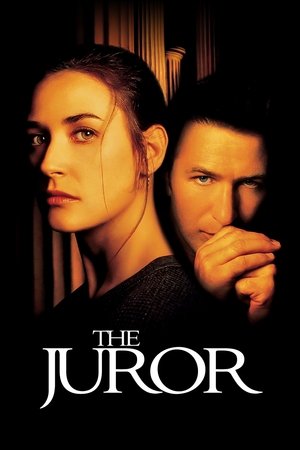 5.6
5.6The Juror(en)
With his gangster boss on trial for murder, a mob thug known as "the Teacher" tells Annie Laird she must talk her fellow jurors into a not-guilty verdict, implying that he'll kill her son Oliver if she fails. She manages to do this, but, when it becomes clear that the mobsters might want to silence her for good, she sends Oliver abroad and tries to gather evidence of the plot against her, setting up a final showdown.
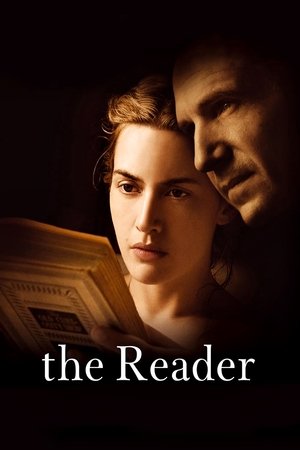 7.5
7.5The Reader(en)
The story of Michael Berg, a German lawyer who, as a teenager in the late 1950s, had an affair with an older woman, Hanna, who then disappeared only to resurface years later as one of the defendants in a war crimes trial stemming from her actions as a concentration camp guard late in the war. He alone realizes that Hanna is illiterate and may be concealing that fact at the expense of her freedom.
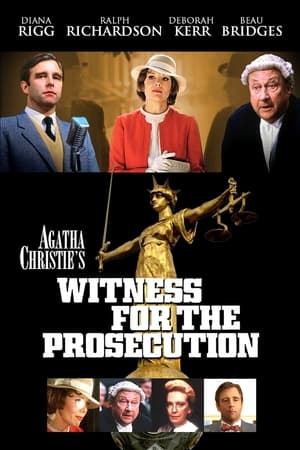 6.4
6.4Witness for the Prosecution(en)
Sir Wilfred Robarts, a famed barrister is released from the hospital, where he stayed for two months following his heart attack. Returning to the practise of his lawyer skills, he takes the case of Leonard Vole, an unemployed man who is accused of murdering an elderly lady friend of his, Mrs. Emily French. While Leonard Vole claims he's innocent, although all evidence points to him as the killer, his alibi witness, his cold German wife Christine, instead of entering the court as a witness for the defense, she becomes the witness for the prosecution and strongly claims her husband is guilty of the murder.
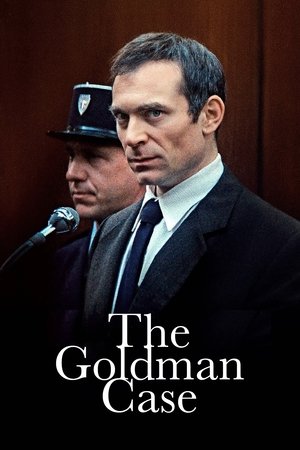 7.0
7.0The Goldman Case(fr)
A second trial begins in November 1975 against French left-wing revolutionary Pierre Goldman, accused of several armed robberies and the death of two chemists.
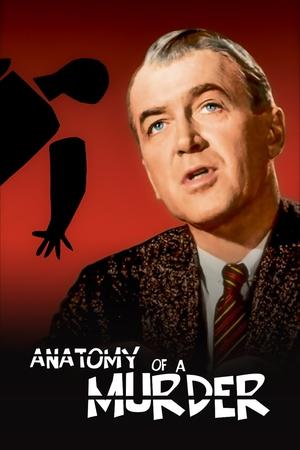 7.8
7.8Anatomy of a Murder(en)
Semi-retired Michigan lawyer Paul Biegler takes the case of Army Lt. Manion, who murdered a local innkeeper after his wife claimed that he raped her. Over the course of an extensive trial, Biegler parries with District Attorney Lodwick and out-of-town prosecutor Claude Dancer to set his client free, but his case rests on the victim's mysterious business partner, who's hiding a dark secret.
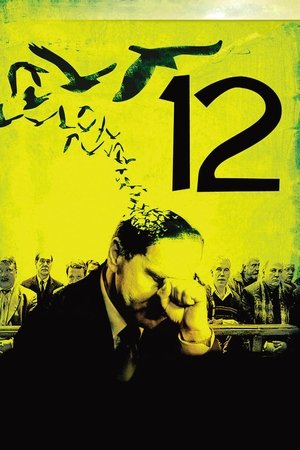 6.6
6.612(ru)
A loose remake of “12 Angry Men”, “12” is set in contemporary Moscow where 12 very different men must unanimously decide the fate of a young Chechen accused of murdering his step-father, a Russian army officer. Consigned to a makeshift jury room in a school gymnasium, one by one each man takes center stage to confront, connect, and confess while the accused awaits a verdict and revisits his heartbreaking journey through war in flashbacks.
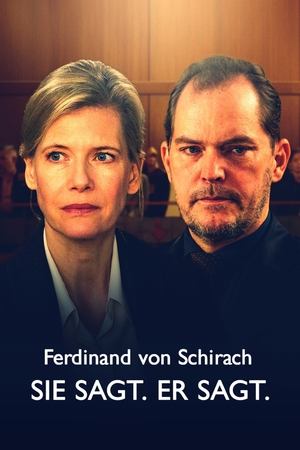 7.4
7.4Sie sagt. Er sagt.(de)
In a criminal trial at the Berlin district court, in which the accusation of rape is being heard, it is one statement against the other - a seemingly insoluble dilemma, both legally and humanly, that has enormous explosive power. Because beyond the professional and private future of two people, it is about nothing less than the values and prejudices that define us as a society. It is a case of high public attention: the well-known TV presenter Katharina Schlüter and the industrialist Christian Thiede have had a secret affair that has lasted for years, and now they are sitting opposite each other in the courtroom as hostile parties. On the witness stand, Schlüter describes how what was initially consensual sex in Thiede's apartment turned into rape. But are circumstantial evidence sufficient? Experts and witnesses are questioned, and an unexpected turn of events doesn't make it any easier for the court to decide on credibility and truth.
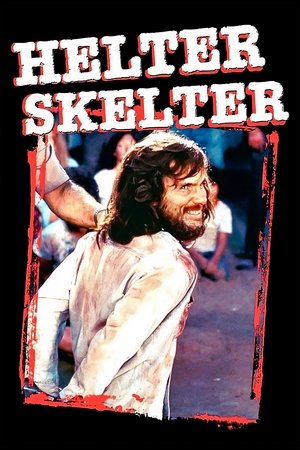 6.8
6.8Helter Skelter(en)
The investigation of two horrific mass murders leads to the capture and trial of the psychotic pseudo-hippie Charles Manson and his "family".
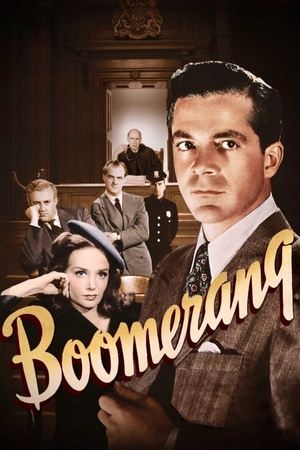 7.0
7.0Boomerang!(en)
When a kindly priest is murdered while waiting at a street corner in a quiet Connecticut town, the citizens are horrified and demand action from the police. All of the witnesses identify John Waldron, a nervous out-of-towner, as the killer. District Attorney Henry Harvey is then put on the case and faces political opposition in his attempt to prove Waldron's innocence.
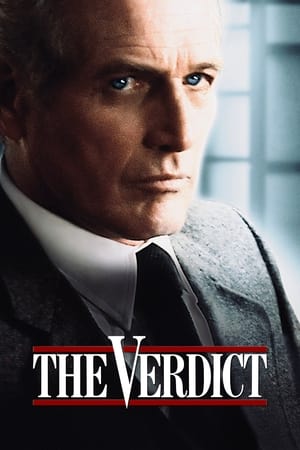 7.4
7.4The Verdict(en)
Frank Galvin is a down-on-his-luck lawyer and reduced to drinking and ambulance chasing, when a former associate reminds him of his obligations in a medical malpractice suit by serving it to Galvin on a silver platter—all parties are willing to settle out of court. Blundering his way through the preliminaries, Galvin suddenly realizes that the case should actually go to court—to punish the guilty, to get a decent settlement for his clients... and to restore his standing as a lawyer.
